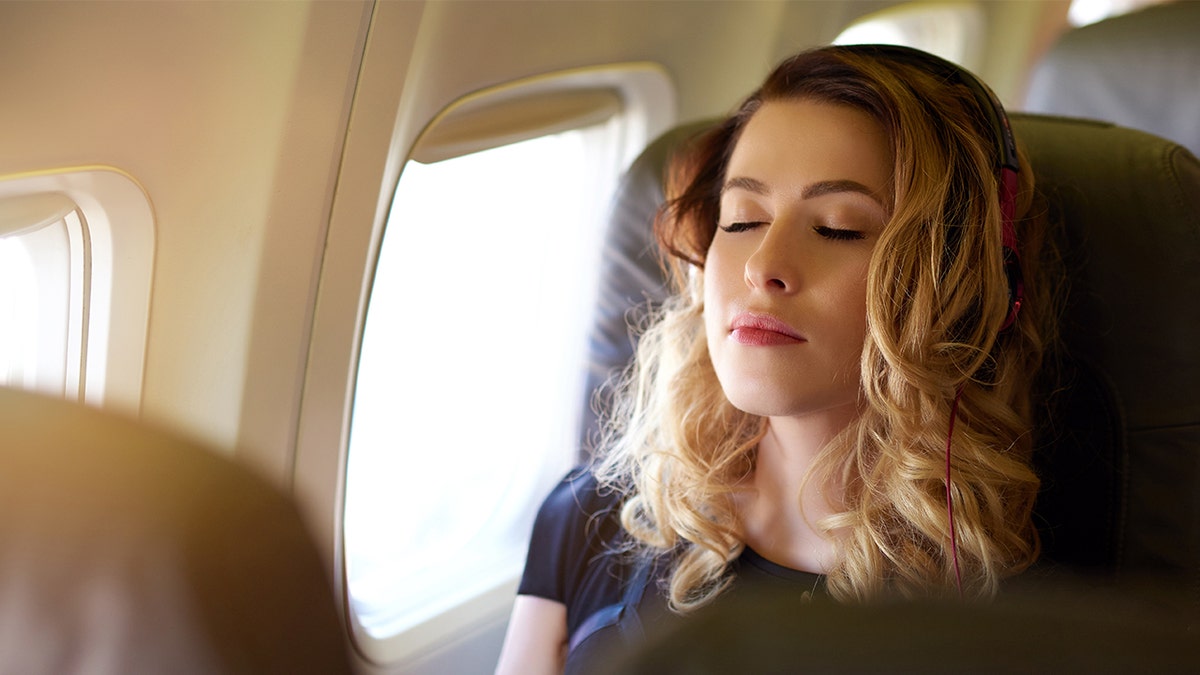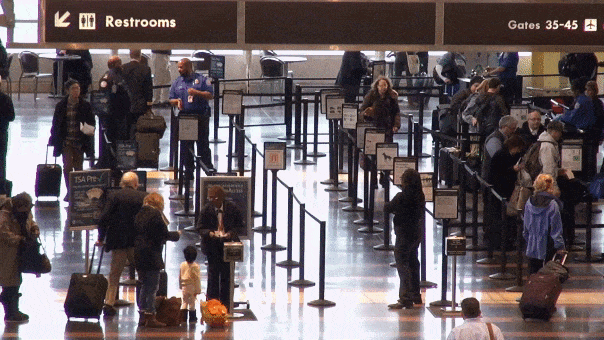
Sleeping during takeoff and landing can be hazardous to your health (iStock)
It might be tempting to try and get as much shut eye as you can on flight but snoozing through takeoff and landing can lead to some serious health implications.
When a plane ascends into the air or descends into its destination, the air pressure in the cabin changes rapidly with the altitude — and if you’re not properly prepared to acclimatize, it can wreak havoc on your eardrums.
As British pharmacist Angela Chalmers explained to Express: “A quick change in altitude affects the air pressure in the ear. This leads to a vacuum in the Eustachian tubes which makes the ears feel blocked and sound dull."
“Try not to sleep during takeoff and descent as you will not be swallowing as frequently and this can lead to blocked ears,” she said.
According to MedlinePlus, a health information site by the US National Library of Medicine, if your ears stay blocked, it can create a number of health issues — such as dizziness, ear infections, eardrum damage, and at worst, nosebleeds and hearing loss.
Staying awake during takeoff and landing to pop your ears helps to “equalize” the air pressure on your ear drums.
“Swallowing or yawning opens the Eustachian tube and allows air to flow into or out of the middle ear. This helps equalise pressure on either side of the ear drum,” MedlinePlus states. “If the Eustachian tube is blocked, the air pressure in the middle ear is different than the pressure on the outside of the eardrum.”
Chewing gum, drinking water, sucking on a lolly or blowing your nose are other ways to prevent your ears from blocking the next time you fly.








































